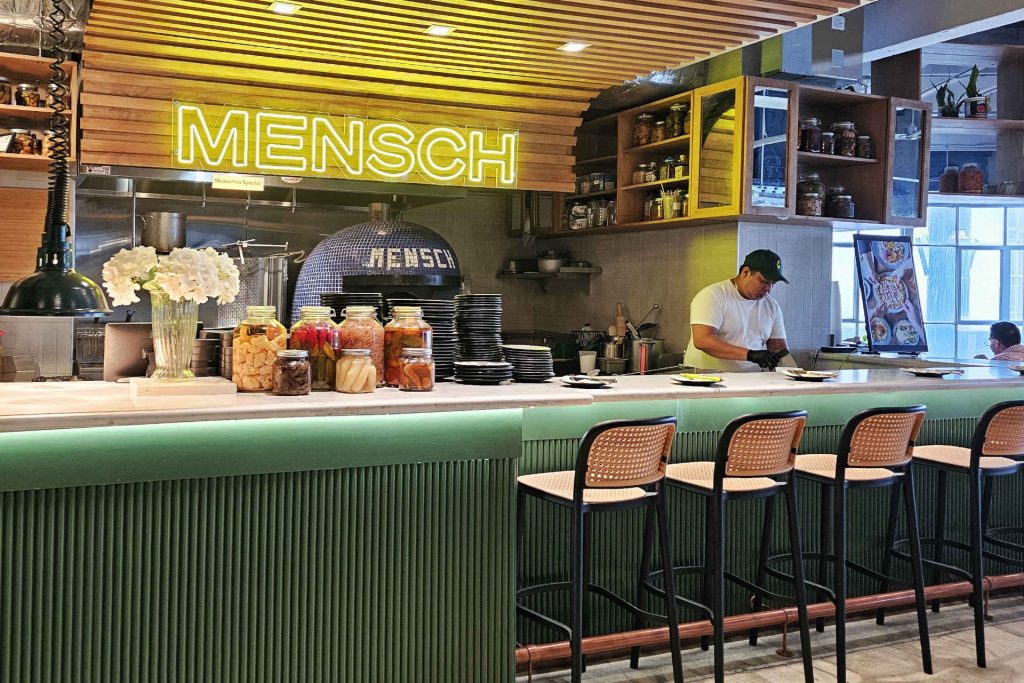The hospitality industry is facing a variety of challenges and changes, particularly with regard to staff and service. One key issue is focus training: more and more employees are being prepared internally for specific tasks, as the traditional training of specialist staff is on the decline. Experienced staff are increasingly taking on the role of trainers and managers for semi-skilled colleagues. This is supported by the use of CoBots, i.e. robots that take on auxiliary work such as clearing up or simple kitchen tasks without replacing human labor.
The industry continues to look for new talent, with new employees coming onto the market due to business closures as a result of repayments of government coronavirus aid. Overall, the hospitality industry will try to increase its attractiveness and respond to the changing expectations of employees and guests through innovative approaches and more flexible working models.
Diversity has long been part of everyday life in the hospitality industry. The industry has traditionally been seen as an entry-level platform for immigrants and people returning to work. For new employees - regardless of their origin - hard work and team orientation are crucial. Nevertheless, companies need to invest more in their employer brand as well as in training and further education in order to remain attractive. This is also made much easier by interactive AI-supported tools that deliver content in all languages.
For many employees, especially Generation Z, it is important to derive real benefits from their work. A change of image to an “awesome industry” is not enough to create long-term motivation. The expectations of Generation Z require flexible working models such as a four-day week and individual development opportunities. This generation is not just looking for a good image, but for meaningful work that offers added value - and a friendly team that welcomes them.
At the same time, production in the kitchen is changing. It is becoming increasingly decoupled, and system processes that use prepared ingredients are gaining in importance. This enables a more efficient way of working, but remains linked to the requirement to maintain hospitality and the service concept.
Especially in the fast-casual and quick-service sector, the demand for customer satisfaction is growing, including the expectation of tipping. An interesting phenomenon is tipping practices in the USA, where, following the coronavirus pandemic, a tip is also expected for counter service, partly due to digital guidelines.

Las Vegas is known for its long nights, which makes places that do mornings really well all the more important. Between the Strip and downtown, there are a surprising number of spots where breakfast and coffee are not just an afterthought, but are deliberately celebrated. It’s these places that make all the difference: quiet, high-quality, and offering just the right amount of enjoyment before the day gets going.
Fine dining, steak, sushi, Mexican cuisine, and Italian dolce vita – Las Vegas has long been more than just buffets and shows. We sampled some of the city’s most exciting restaurants – from complex Chinese flavors and traditional American steakhouses to Japanese presentation and Mexican sensuality.
Vegan and reduced-sugar desserts that last, shine, and impress guests: Sugar is not the enemy, but it is not the solution either. Modern patisserie thinks ahead—more precisely, more plant-based, more consciously.
Away from the “sugar = taste” reflex, toward texture intelligence, aroma control, and clean technique. Modern patisserie works vegan, reduced-sugar—and often completely without classic table sugar. The matrix, process, and calculation are crucial. About desserts that perform professionally: stable, precise, highly aromatic.


The hospitality industry is facing a variety of challenges and changes, particularly with regard to staff and service. One key issue is focus training: more and more employees are being prepared internally for specific tasks, as the traditional training of specialist staff is on the decline. Experienced staff are increasingly taking on the role of trainers and managers for semi-skilled colleagues. This is supported by the use of CoBots, i.e. robots that take on auxiliary work such as clearing up or simple kitchen tasks without replacing human labor.